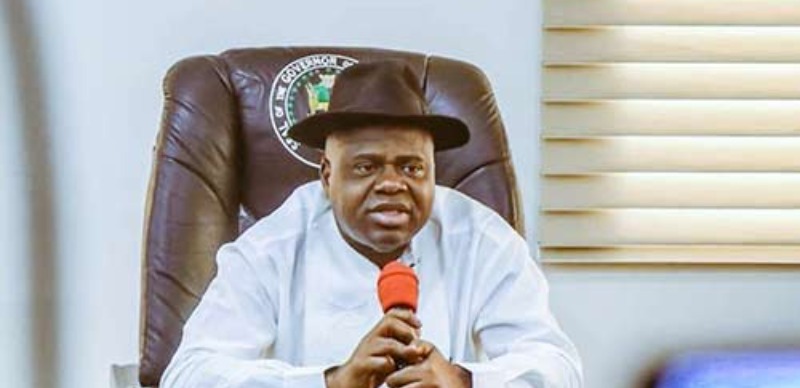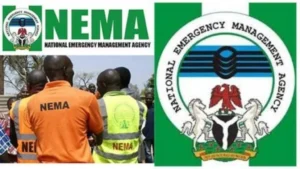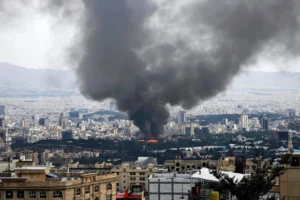
The Federal Government and state governors are set to make decisions regarding the establishment of state police next week.
Governor Duoye Diri of Bayelsa State made this announcement to State House Correspondents in Abuja on Thursday following a meeting of the National Economic Council (NEC).
Diri noted that the NEC has given Adamawa, Kebbi, and Kwara states, along with the Federal Capital Territory (FCT), a one-week deadline (until November 28) to provide their positions on the proposed creation of state police. He assured that a decision would be reached when the NEC convenes again next week.
“During today’s discussions on state police, it was noted that the three states had previously submitted reports, although Adamawa was represented by its Deputy Governor. This is why NEC couldn’t immediately reach a conclusion but instead provided a timeline. This timeline is quite short, allowing just one week for them to finalize their submissions before the next NEC meeting. It seems there might be some bureaucracy affecting these submissions,” Diri explained.
Regarding the one-week deadline, he added, “The Council mandated these remaining states and the FCT to submit their positions within that timeframe. We’re informed that 33 states have already submitted their views on state police, while Adamawa, Kebbi, Kwara, and the FCT are still outstanding.”
Discussions about state police began on February 15, 2024, involving the Federal Government and all 36 states as part of agreements reached during an emergency meeting at the Aso Rock Villa with President Bola Tinubu, prompted by increasing insecurity, rising food prices, and economic challenges.
After the meeting, Minister of Information and National Orientation, Mohammed Idris, indicated that the process is still in its early stages and will require further dialogue among stakeholders. “The Federal Government and state governments are contemplating the establishment of state police,” Idris stated, noting that more discussions are forthcoming. “If the government and state authorities agree on this need, it would represent a significant shift.”
Two days prior, the House of Representatives announced it was considering a legislative bill to amend the Nigerian Constitution to facilitate the establishment of state police and related issues.
Following the NEC’s agreement, each state was tasked with submitting detailed reports outlining their positions and plans for state police implementation. By March 2024, 16 states had submitted their reports, with the remaining 20 expected to do so by May.
In April 2024, the Nigeria Governors’ Forum confirmed that the decisions of the remaining governors were ready for NEC submission, indicating a collective commitment to establishing state police forces.
As of November 2024, however, the implementation of state police remains in the planning phase. The Federal Government and state authorities continue to debate necessary constitutional amendments to empower states to create and manage their police forces.
The ongoing discussion about state police stems from the centralized nature of the Nigerian Police Force, which is often viewed as insufficient for addressing the diverse security challenges faced across the nation’s various regions.
Supporters argue that state police would enhance local law enforcement, improve policing effectiveness, and allow for greater local control over security matters. Conversely, opponents express concerns that state police could lead to potential abuses of power in politically controlled states, heightening regional tensions and threatening national unity.






